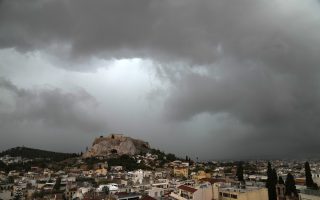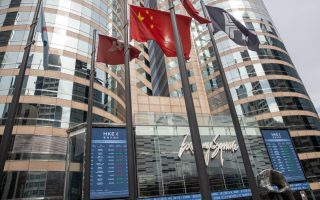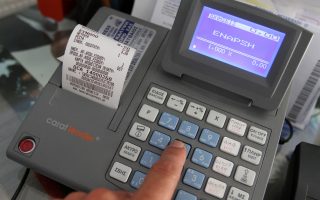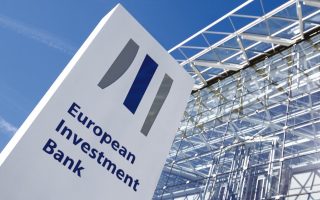Doing nothing until the first sign of trouble
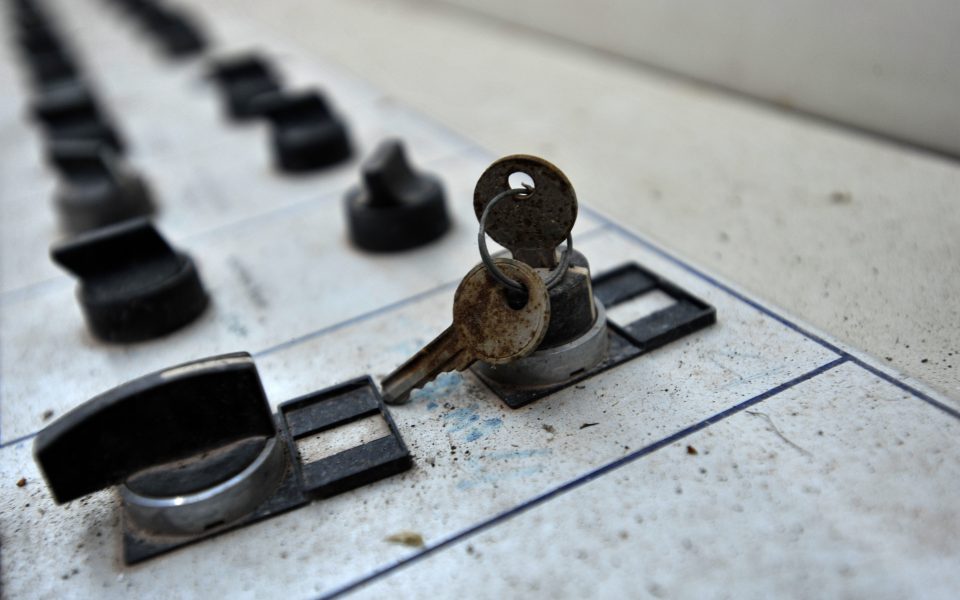
It is true that interest rates were and continue to be very low, quantitative easing programs have flooded the markets with cheap money, European fiscal discipline has eased and the debate over its fate will not really begin until after the French elections in May.
The European Central Bank is also maintaining a relaxed and supportive position, buying Greek bonds when, under normal circumstances, it would not touch them. And the European Union has taken a big step, deciding to borrow jointly from the markets and distribute the proceeds to member-states, according to their needs. On the other side of the Atlantic, US President Joe Biden’s new economic policy promises strong growth in the American economy, which will drive other economies up.
The bad news is that the good does not last forever. The pandemic is causing problems in global supply chains, the energy crisis is disrupting production, and shortages in components necessary for production and in consumer goods have become a common occurrence.
Europe, in particular, is likely to go through a very harsh winter with shortages in fuel and energy, if its dependence on Russian gas – which makes it vulnerable to blackmail from the country’s energy giant Gazprom – is combined with an inability to act collectively. Furthermore, quantitative easing will eventually start tapering, interest rates from the end of 2022 will start rising and the markets will become skittish as the massive global debt will become impossible to hide.
What are we doing to address these issues in Greece? I think we’re acting as if the favorable international climate will remain unchanged, as if we were living in the best possible world at the best possible time. We act satisfied when things seem to be going a little better than yesterday – when things were very bad.
We celebrate, for example, that gross domestic product is recovering at a rate of 6% or 7% after 10 years of unprecedented recession and the Covid-19 health crisis, which means we will have the GDP we had in 2018 or a little lower than 2019, despite the government pumping 40 billion euros into the economy through state aid. Unemployment is “only” around 14%. Instead of taking advantage of the favorable climate, instead of having – at the very least – full awareness of the great effort that is lying ahead, we are setting the bar low so that we can jump over it easily.
We want to forget what kind of economy we’re talking about. It is not a normal economy in a normal situation. It is an economy built on a parasitic and obsolete economic model, with low productivity and a weak productive base (that is why the trade deficit jumps every time the economy expands), in a problematic state, with problematic institutions.
In theory, we all want to change this economic model. In practice, we don’t do anything about it – we do not make a plan, do not state our directions and priorities, do not take advantage of the positive climate to change it. We don’t care. Implicitly, we allow the markets to change it. We will remember the problem again at the first new sign of trouble, because trouble will remember us.


